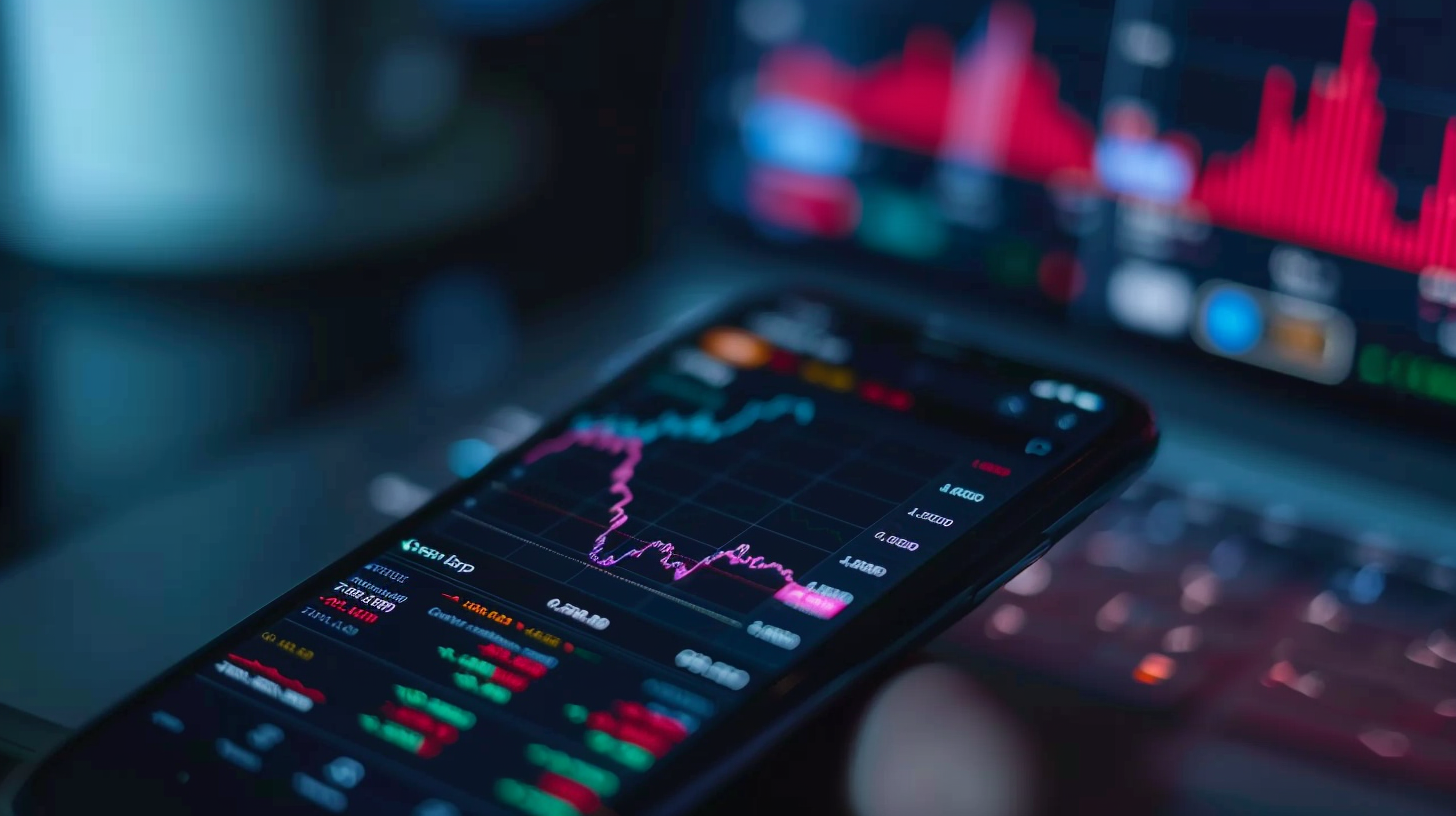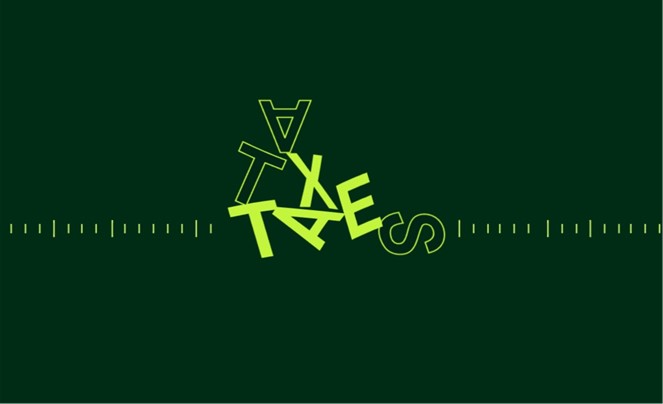Harmonic, an emerging force in artificial intelligence research, has reached a valuation of $1.45 billion after closing a new $120 million Series C fundraise. Co-founded by Robinhood CEO Vlad Tenev, the company is pursuing one of the most difficult challenges in AI: eliminating hallucinations and improving models’ ability to reason with absolute accuracy.
The latest funding round was led by Ribbit Capital, with continued backing from Sequoia and Kleiner Perkins. Emerson Collective, the investment firm founded by Laurene Powell Jobs, also joined as a new investor. The deal marks Harmonic’s third major raise in just 14 months, bringing its total funding to $295 million—a remarkable trajectory for a company that has not yet commercialized its technology.
A Focus on AI That Doesn’t Guess
While most generative AI models excel at producing fluent text, images, and code, they also suffer from a core flaw: they can produce incorrect or fabricated answers. Harmonic’s approach seeks to eliminate this issue entirely by building what it calls Mathematical Superintelligence (MSI)—an AI system grounded in formal logic and verifiable reasoning.
At the core of Harmonic’s research is its flagship model, Aristotle, which is trained on synthetic mathematical proofs. These computer-generated examples allow the model to strengthen its problem-solving skills and operate with precision rather than probabilistic guessing.
Aristotle’s performance has already drawn significant attention. In July, the model performed at the International Mathematical Olympiad, placing alongside teams from Google and OpenAI. This achievement helped validate Harmonic’s focus on advanced reasoning and contributed to heightened investor interest.
Formal Reasoning as the Foundation
Unlike most AI models that express reasoning in natural language, Harmonic’s system produces its reasoning as Lean4 code, a formal language that can be checked step-by-step for correctness. This approach aims to make the model’s output not only accurate but fully verifiable.
This design offers a major advantage in fields where errors can lead to significant financial, safety, or operational consequences. Harmonic sees strong long-term potential in industries such as aerospace, finance, automotive systems, and cybersecurity, where decision-making must be reliable and traceable.
Preparing for Commercial Uses
For now, Harmonic’s technology remains primarily research-focused, and the company is still pre-revenue. However, it has opened its Aristotle model to the public through a free API, allowing developers, researchers, and mathematicians to experiment with its reasoning capabilities. Early users have leveraged the tool to verify proofs, test algorithms, and explore new mathematical discoveries.
A significant portion of the new funding will support the large-scale computing resources required to train high-precision reasoning models. As Harmonic scales, it expects to explore commercial applications, particularly in areas where traditional AI systems lack the reliability necessary for mission-critical environments.
A New Frontier for Trustworthy AI
With hallucinations remaining one of the largest barriers to widespread AI deployment, Harmonic is positioning itself at the forefront of a new generation of models: systems built not just to generate answers, but to justify them through rigorous, machine-verifiable logic.
Its latest valuation underscores a growing belief among investors that the next wave of AI innovation will be defined by accuracy, transparency, and trust—not just raw model size.
As Harmonic continues its research, the industry will be watching closely to see how Mathematical Superintelligence evolves and whether it can redefine what reliable AI looks like in practice.





